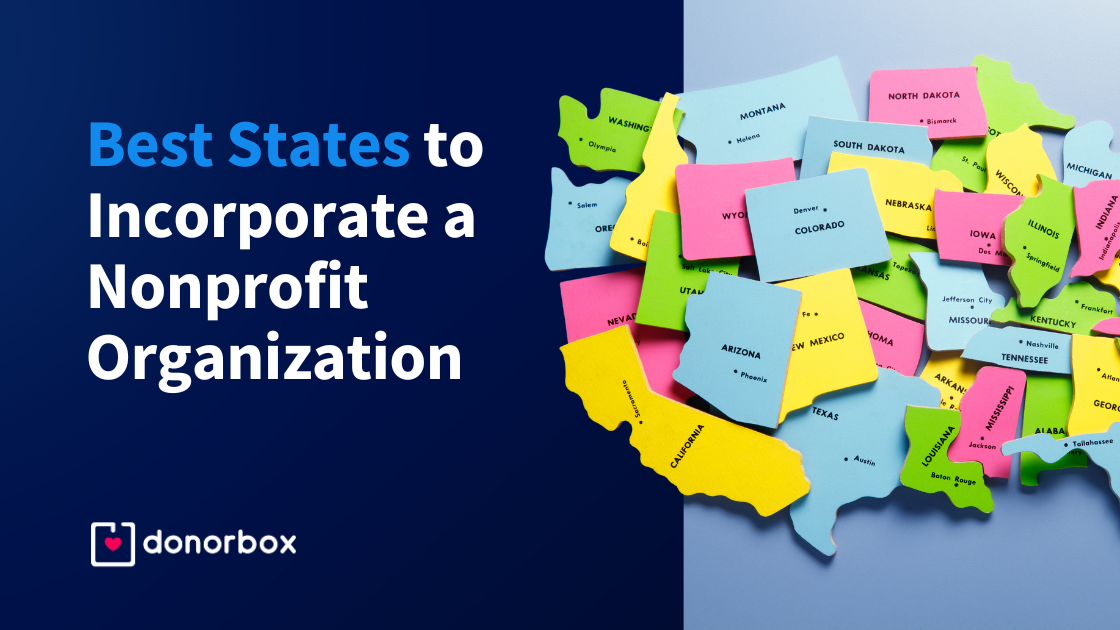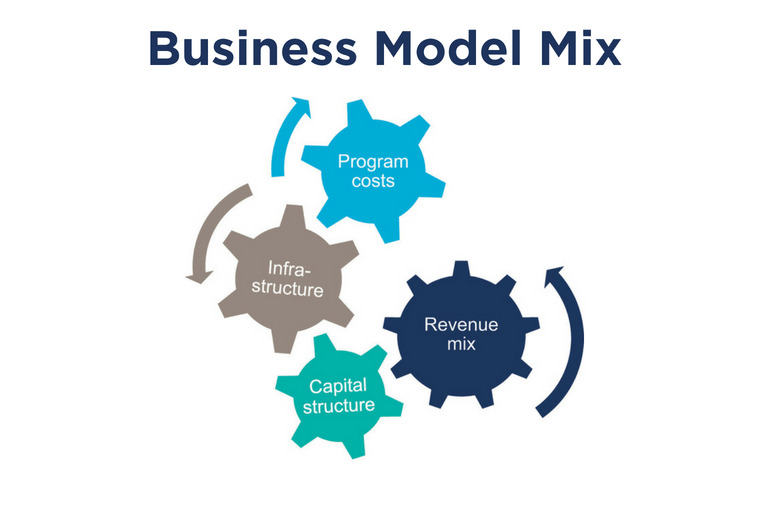Just How a Nonprofit Company Can Aid You Maximize Your Company's Reach
Just How a Nonprofit Company Can Aid You Maximize Your Company's Reach
Blog Article
Exploring the Diverse Features and Duties of a Nonprofit Company in Resolving Social Issues and Encouraging Adjustment
Nonprofit firms offer as crucial representatives of modification within culture, dealing with a myriad of social problems through complex techniques. Their responsibilities extend past simple solution stipulation; they involve in advocacy, resource mobilization, and area outreach, typically acting as a bridge between essential services and marginalized populaces.
Comprehending Nonprofit Agency Roles
The performance of not-for-profit agencies pivots on a clear understanding of their diverse duties within society. These companies work as critical intermediaries between the public, private, and governmental sectors, dealing with various social issues and advocating for modification. Nonprofit companies usually function as company, providing crucial programs and sources to underserved populaces. This duty is crucial in filling voids that might exist in civil services, ensuring that prone groups have accessibility to required assistance.
Furthermore, nonprofits play an essential duty in advocacy, increasing understanding and affecting plan choices that affect their neighborhoods. By taking part in research and public education and learning, these organizations help form public discussion and advertise notified decision-making - nonprofit agency. They also function as platforms for volunteerism, activating community participants to add their time and skills towards collective goals
Furthermore, not-for-profit companies typically work as conveners, combining varied stakeholders to promote collaboration and collective influence. This joint technique improves their capability to resolve facility social concerns efficiently. Understanding these diverse duties is essential for maximizing the potential of nonprofit firms in producing lasting social adjustment and improving overall community wellness.
Neighborhood Involvement and Outreach
Effective area interaction and outreach are fundamental components of nonprofit firms' approaches to promote connections and build trust fund within the neighborhoods they serve. These efforts concentrate on recognizing neighborhood demands, promoting awareness of offered sources, and encouraging participation in programs designed to attend to social problems. Nonprofit organizations use a range of approaches to engage with area members, such as workshops, educational sessions, and collaborative events.
Outreach initiatives offer to enhance partnerships with varied populaces, specifically marginalized teams who might deal with obstacles to access. By utilizing culturally pertinent interaction strategies and leveraging neighborhood collaborations, nonprofits can improve their presence and show their commitment to area empowerment. This strategy not just grows a sense of belonging however also enhances the chance of sustained involvement.
Additionally, efficient community engagement surpasses simple involvement; it involves proactively listening to area participants' comments and including their understandings into program development. This collaborative process guarantees that the services provided are receptive, relevant, and tailored to the special challenges faced by the community. Eventually, cultivating solid links via interaction and outreach can lead to even more impactful treatments and a better cumulative effort towards advertising favorable social modification.
Campaigning For and Plan Influence
Campaigning for works as a crucial system for nonprofit firms to influence public plan and drive systemic modification. By leveraging their knowledge and neighborhood understandings, these organizations can successfully stand for marginalized populations and address pushing social problems. Nonprofits involve in advocacy via various approaches, consisting of public understanding projects, grassroots mobilization, union building, and straight lobbying of policymakers.
Via these efforts, nonprofit companies intend to shape regulations and policy frameworks that line up with their objective and the needs of the communities they serve. They conduct research study, gather data, and share compelling narratives to highlight the necessity of specific problems, ensuring that decision-makers are informed and encouraged to act. This process not just magnifies the voices of those influenced by social injustices yet also promotes a more fair and comprehensive policymaking atmosphere.
In addition, advocacy initiatives often look for to produce lasting structural changes, addressing root creates as opposed to just easing signs and symptoms. By prioritizing plan impact, nonprofit firms add to a broader understanding of social obstacles and advertise options that can lead to lasting renovations in social well-being. Inevitably, advocacy is fundamental to the transformative role nonprofits play in producing a just and equitable culture.
Fundraising and Resource Management
Nonprofit agencies depend on durable fundraising and source management strategies to support their visit this website campaigning for initiatives and sustain their missions. By utilizing a multi-faceted approach, nonprofits can reduce the dangers linked with dependence on a solitary financing source.
Resource administration is similarly essential, as it includes the critical allocation of both financial and human resources to make the most of effect. Nonprofits should establish budget plans that line up with their goals while guaranteeing transparency and liability to stakeholders. This includes routine surveillance of expenses and changing strategies as needed to optimize source usage.

Partnership and Partnerships
While numerous companies seek their goals individually, partnership and partnerships can significantly enhance the performance of not-for-profit companies. By interacting with various other nonprofits, federal government entities, and economic sector organizations, nonprofits can merge resources, share know-how, and enhance their effect on social problems. Collective initiatives commonly bring about cutting-edge remedies that might not be achievable separately, leveraging the staminas of each partner to attend to intricate obstacles.

Ultimately, reliable collaboration calls for clear communication, shared goals, and shared respect amongst companions. By welcoming a cooperative technique, not-for-profit firms can create lasting networks that not only address prompt social concerns however additionally add to long-term systemic change, fostering a much more fair society. With cooperation, nonprofits can grow and optimize their possibility for meaningful influence.
Final Thought
Nonprofit agencies offer as crucial entities in fostering and addressing social concerns modification within neighborhoods. Via varied functions such as area engagement, campaigning for, and resource management, these organizations successfully set in motion sources and support for underserved populations. Their collective efforts with different stakeholders boost the capability to affect public policy and promote structural modifications. Inevitably, the complex functions of not-for-profit agencies substantially contribute to the search of social justice and the improvement of area wellness.
Recognizing these complex functions is important for making best use of you can try here the potential of not-for-profit companies in creating sustainable social adjustment and boosting overall area well-being.
Effective neighborhood interaction and outreach are fundamental elements of not-for-profit firms' strategies to construct and cultivate links trust within the neighborhoods they offer. By functioning together with various other nonprofits, federal government entities, and private field organizations, nonprofits can pool sources, share experience, and intensify their impact on social concerns.Nonprofit agencies offer as crucial entities in fostering and addressing social problems change within areas - nonprofit agency. Ultimately, the complex roles of not-for-profit companies significantly contribute to the quest of social justice and the improvement of area well-being
Report this page